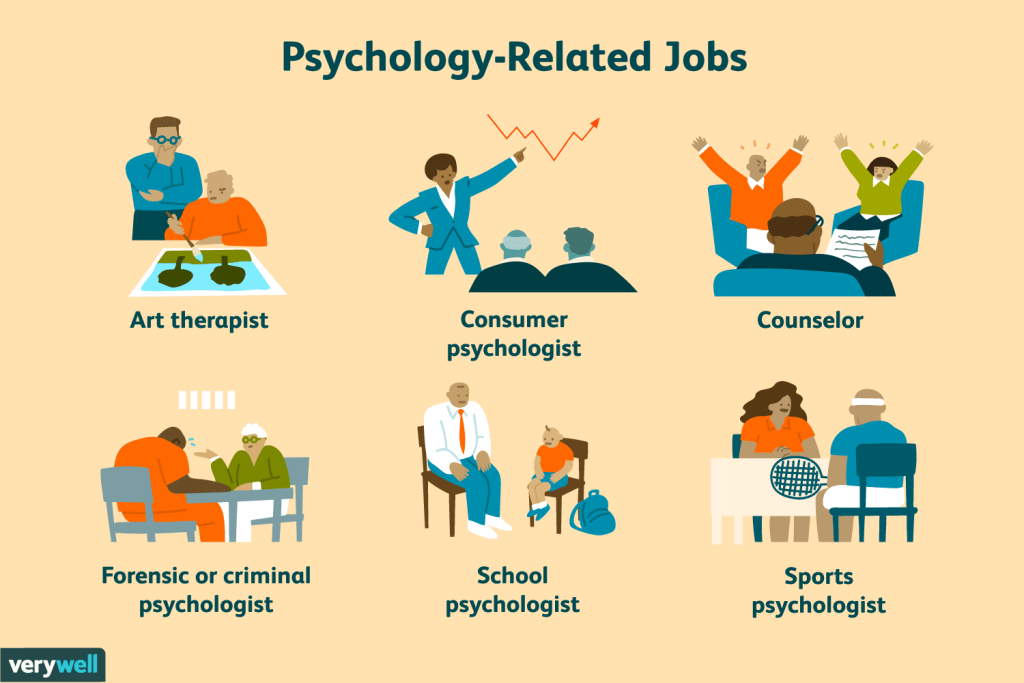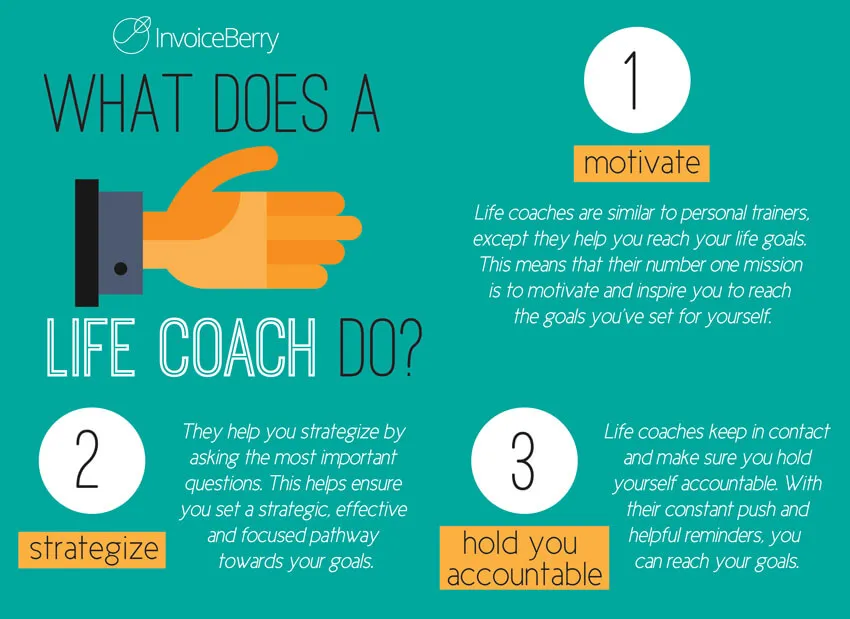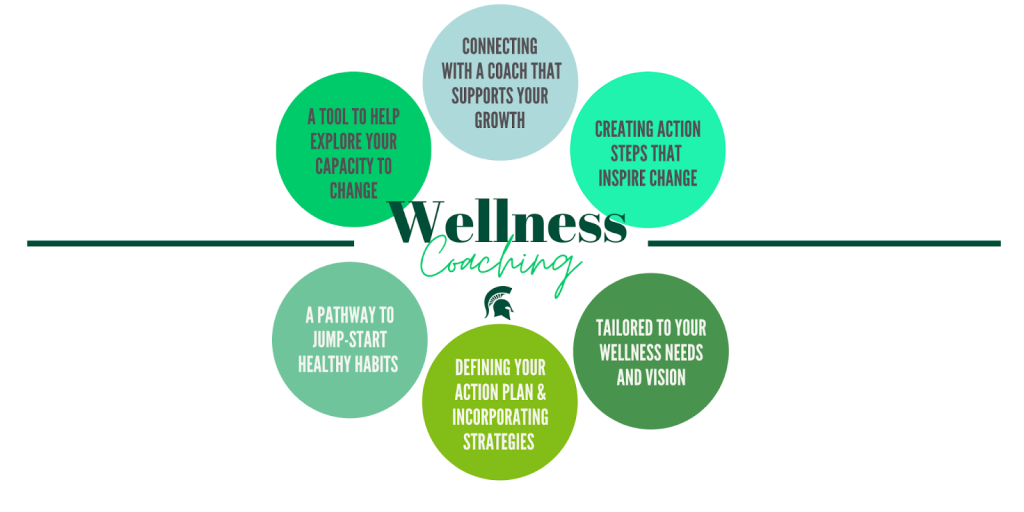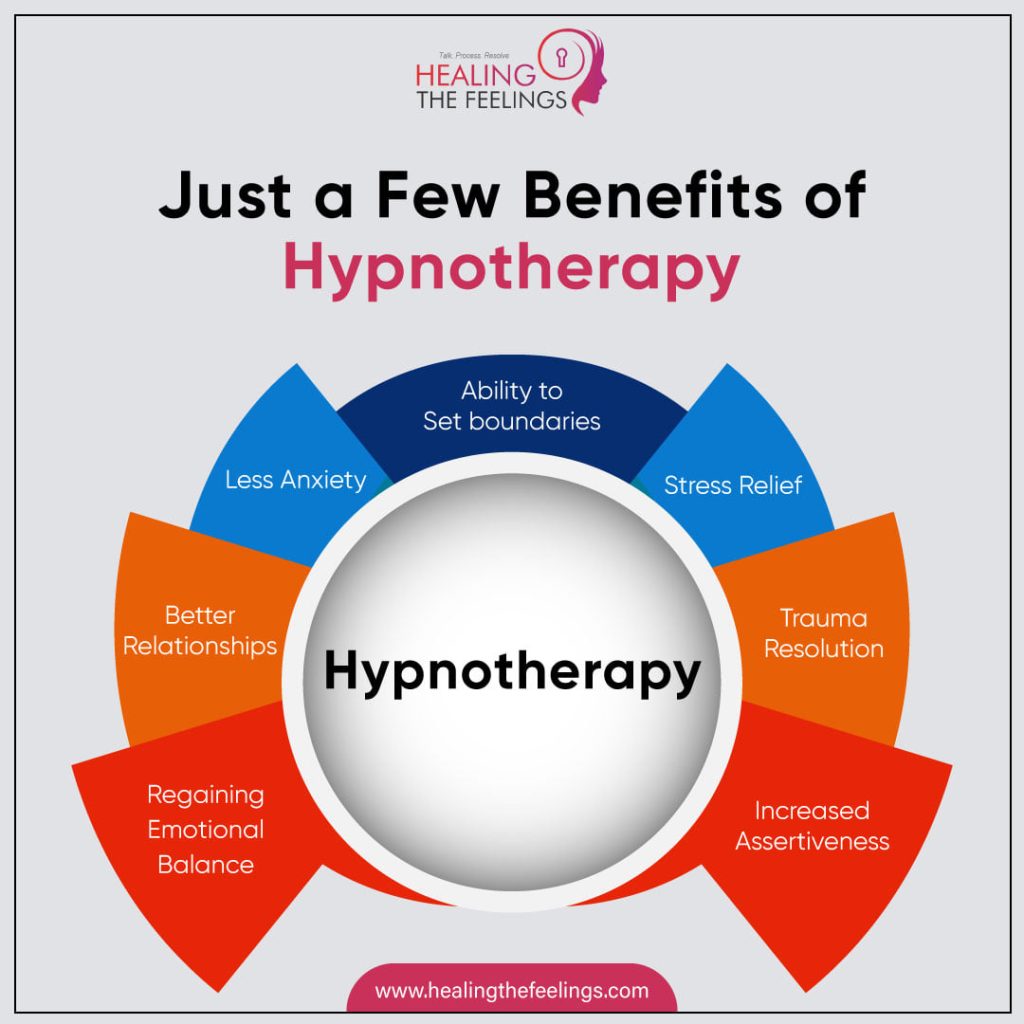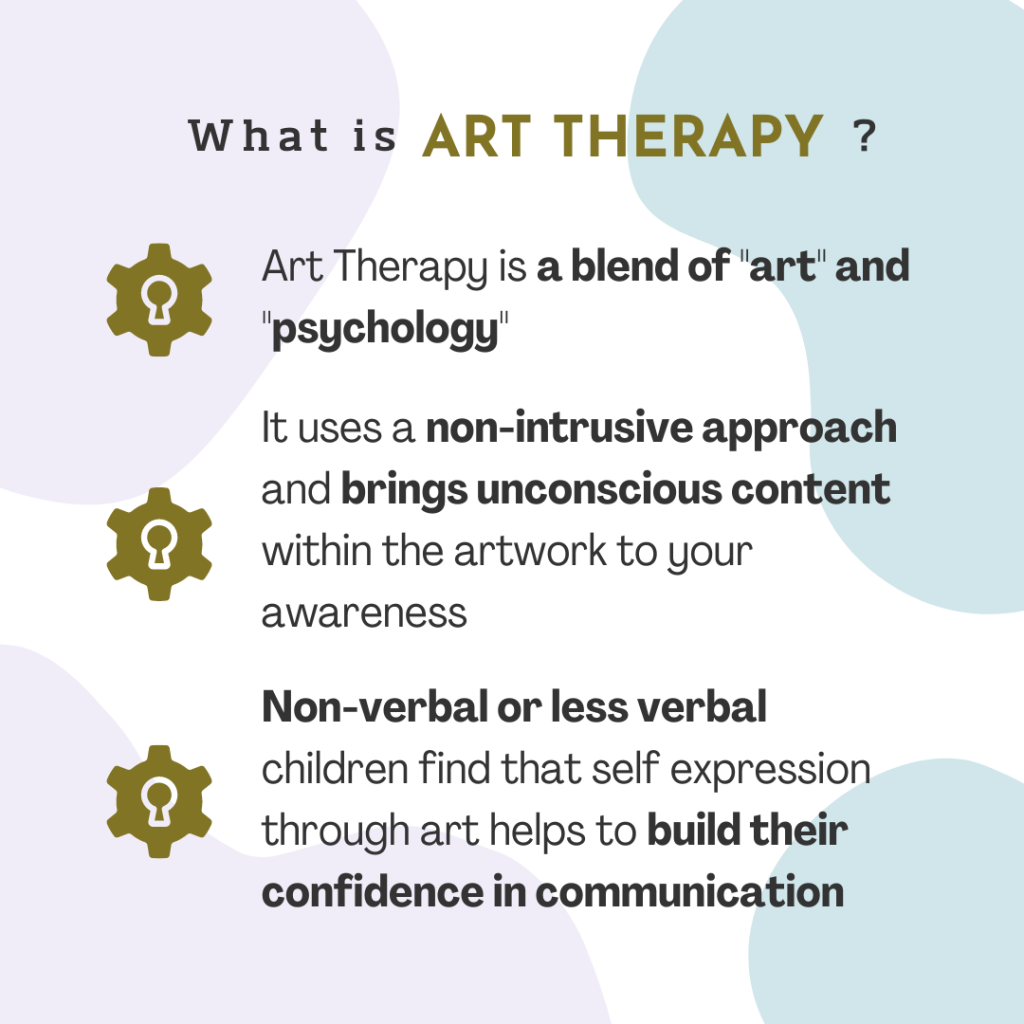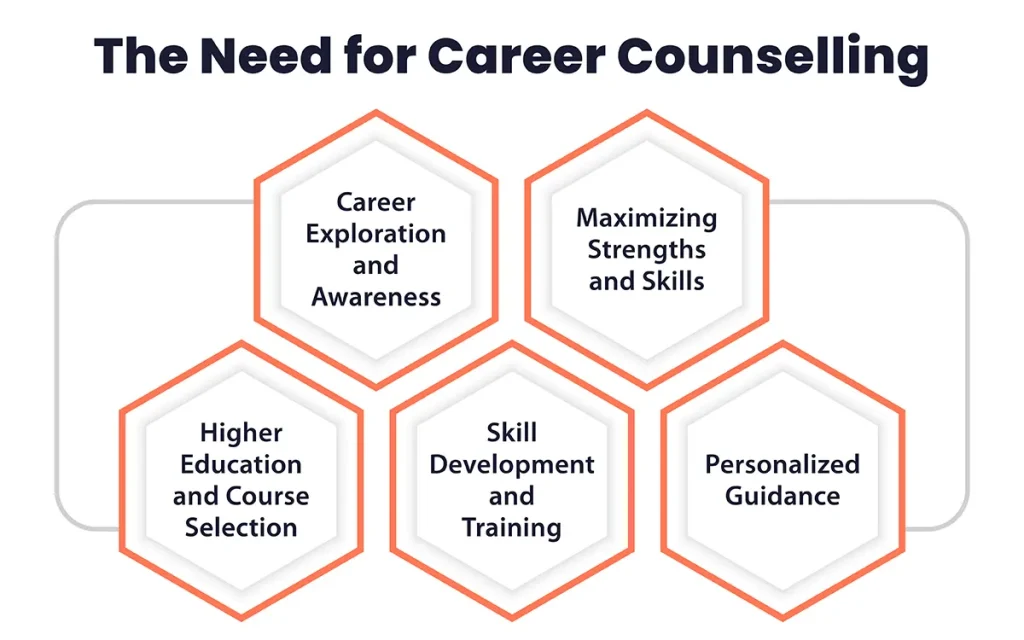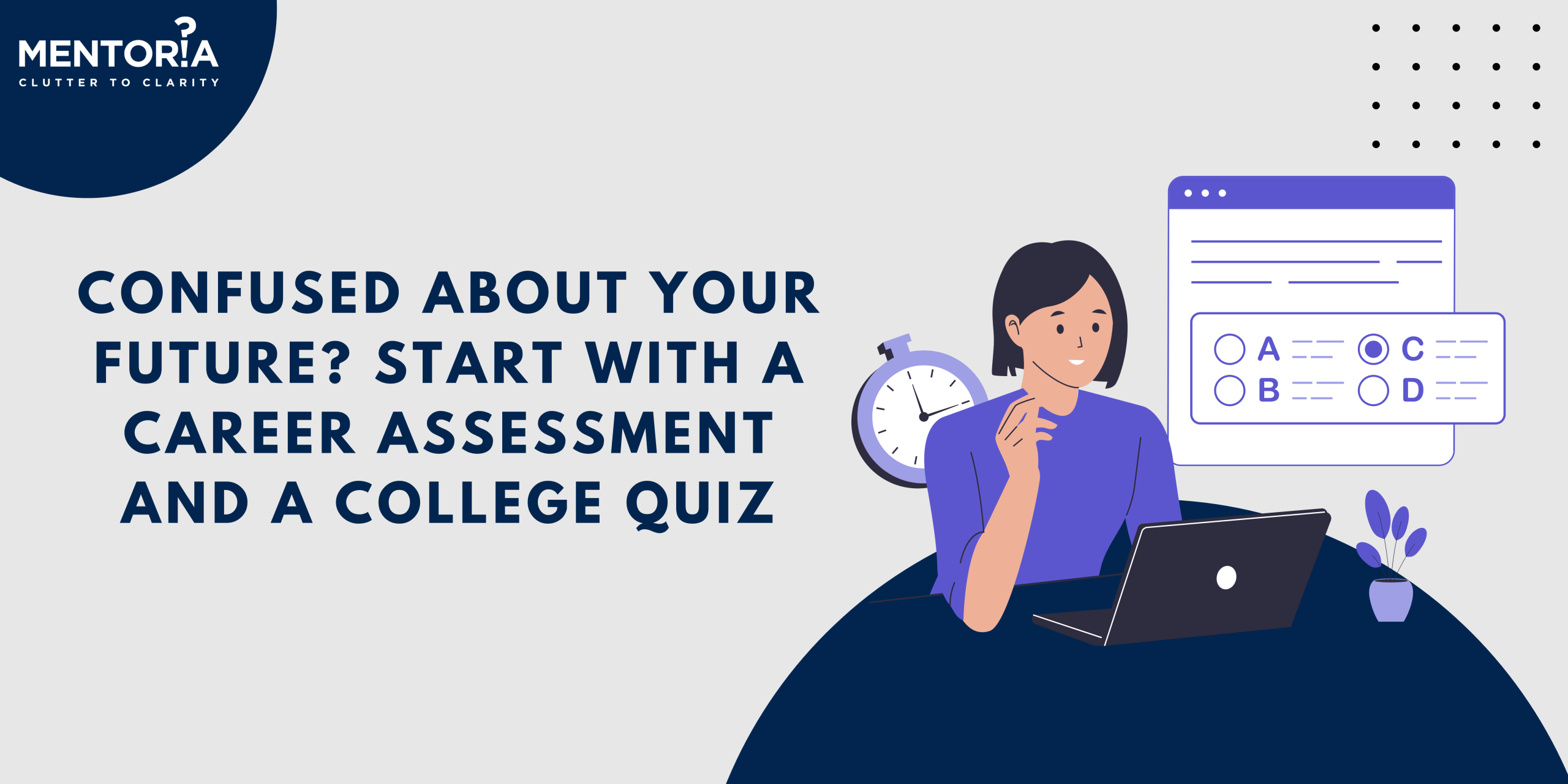Switching to Psychology: Exploring Your Options Without a Traditional Background
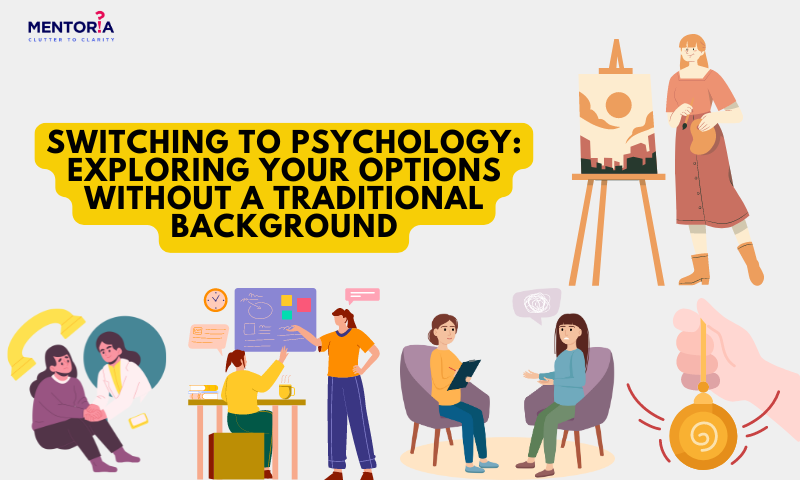
Jump to Section
Ever wonder why people do what they do? Maybe you’ve watched a friend struggle through a tough time and wished you could help, or maybe you’re fascinated by how the mind works after binge-watching documentaries on real-world crime. Psychology often draws people in, whether it’s because they’re curious about human conduct or want to help others in need.
What if you’re not a psychology graduate? Can a passion for understanding people still lead to a career? Absolutely! There are a lot of opportunities and options available for people from all walks of life who wish to pursue a career in psychology. A lot of these routes do not follow standard academic paths. Everything from life coaching or art therapy certifications to postgraduate degrees designed for career switchers—the options are far more vast than you would think.
In this blog, we look at how you can create a thrilling career in psychology, even if your path does not start with a degree in the subject. So, if you have ever dreamed of helping others understand themselves better, here might be your chance. Let’s dive in and find out how you can pursue your passion in psychology in all different ways.
1. Certifications and Courses: Where Do They Stand?
While the certification courses will definitely help you get a feel of the basics of the core structure of psychology, these certificates aren’t enough to practise as a licensed psychologist in India. Regulatory bodies like the Rehabilitation Council of India have laid down strict measures for clinical psychologists, counsellors, and other psychology-related professionals. You’ll have to pursue a formal degree, such as a master’s degree, followed by additional specialised training, like an M.Phil or RCI-accredited diploma course.
Here’s a list of certifications that can help you gain foundational knowledge in psychology or specialise in non-clinical areas:
Cognitive Behavioral Therapy (CBT): Learn the basics of cognitive restructuring and therapeutic techniques to assist in non-clinical mental health settings or coaching roles.
Neuro-Linguistic Programming (NLP): Develop skills in communication and behaviour modification, often useful in life coaching, personal development, and business consulting.
Basic Counselling Skills: Gain foundational counselling skills for providing emotional support in settings like schools, NGOs, or wellness centres.
Certificate in Counselling Psychology (TISS): A course designed to equip individuals with counselling techniques that are applicable in educational institutions, community work, or non-profit organisations.
2. Can You Find a Job with These Certificates?
While certifications might get you jobs in mental health support, coaching, or related fields, most employers in clinical or therapeutic settings ask for formal training and education and the lack of a formal degree can have an impact on your starting salary. In many cases, professions that just require certification, such as life coaching or wellness coaching, tend to pay lower starting salaries than ones that require a formal psychology degree.
For example, doors for positions like Mental Health Technician or Peer Support Specialist may be open for you if you have relevant experience and required certifications but don’t expect to become a practising psychologist without higher qualifications. These jobs will allow you to gain extensive experience and exposure to the field of mental health, which often leads to further studies and career growth.
3. Fields in Psychology That Don’t Require Formal Education
Certain branches of psychology allow for alternative routes into the field. If you’re looking to apply psychological principles without going through years of university education, these fields might be a great fit for you:
Life Coaching: Life coaching is a rapidly -growing field, A Life Coach helps others achieve personal or professional goals. There’s no requirement for formal degrees, although certification can improve credibility. Doesn’t that sound amaaaaazing?
Wellness Coaching: This profession is concerned with improving clients’ total well-being, which includes mental, physical, and emotional health. You could work in corporate environments, gyms, or wellness centres. A certification in wellness coaching can help you get started in this industry without requiring a formal psychology degree.
Hypnotherapy: Not what Phoebe from Friends does, but yeah it’s exactly what you think. Hypnotherapy uses focused psychological techniques in pain management, stress relief, and behavioural changes. Many recognised courses will give you the credibility to perform hypnotherapy in non-clinical settings without a degree.
Art Therapy: It is concerned with the therapeutic application of creative processes to promote emotional well-being. Though a degree is typically necessary to practise Art therapy, some courses can prepare you to use art as a healing tool in wellness centres or community organisations. Now that sounds fun!
Career Counselling: Although professional counselling requires formal education and licensure, basic career counselling skills can be useful in non-clinical situations. Working as a school counsellor or in non-governmental organisations (NGOs). Certifications in career counselling by Mentoria can help you work as a school counsellor or within NGOs that support youth education and employment pathways even without having a background in psychology.
By focusing on these careers, you can build a career in helping people improve their lives without having to meet the strict licensure requirements that a traditional psychologist would need. Though these paths offer flexibility, you must make sure that you operate within legal and ethical guidelines.
4. Switching to Psychology from Another Field: Postgraduate Options
If you have a degree in a different field but want to fully turn your career wheel towards psychology, then you are not limited to entry-level or unconventional roles. Yes, you heard that. Several postgraduate options allow a full career in psychology, including those that can cover clinical, educational, and occupational roles.
You can enrol in the Postgraduate Diploma Courses in Psychology or join the Master’s Programmes even if your Bachelor’s is in an unrelated field. Universities and Institutes, like IGNOU, Tata Institute of Social Sciences (TISS), and Delhi University offer postgraduate programmes that accommodate individuals looking to make a career switch. Most of them require a bachelor’s in any field, and once completed, you will qualify for better positions within the field of psychology.
Example: the Postgraduate Diploma in Psychological Counselling by IGNOU offers training in some of the main psychological concepts and counselling techniques. It is open to graduates from across all fields and equips students to provide counselling services in schools, hospitals, and community settings.
5. Choosing the Path That’s Right for You
Finding your way into psychology largely depends on your career goals. If you are interested in helping others but don’t want to commit to a long degree course, you can explore the alternative careers of life coaching, hypnotherapy, or art therapy. With these, you will work with people, apply psychological principles, and be able to help them without needing a formal licence.
However, if you want to practise as a licensed psychologist or therapist, you should be prepared for further education. Yes, certifications will add to your know-how, but you will have to eventually do postgraduate qualifications and meet regulatory standards for you to practise professionally.
Ready to Explore Your Psychology Career? Mentoria Is Here to Help!
At Mentoria, we will guide you through all the possible ways to find a career that best fits-even if it means steering through the uncertain waters of various psychology certifications, postgraduate courses, and job prospects. Whether you are curious about the less conventional roles or even considering a full switch to psychology, we have people who will take you through the entire process. With Mentoria, you get personalised guidance and advice at every step of your transition, making the transition both smooth and successful.
